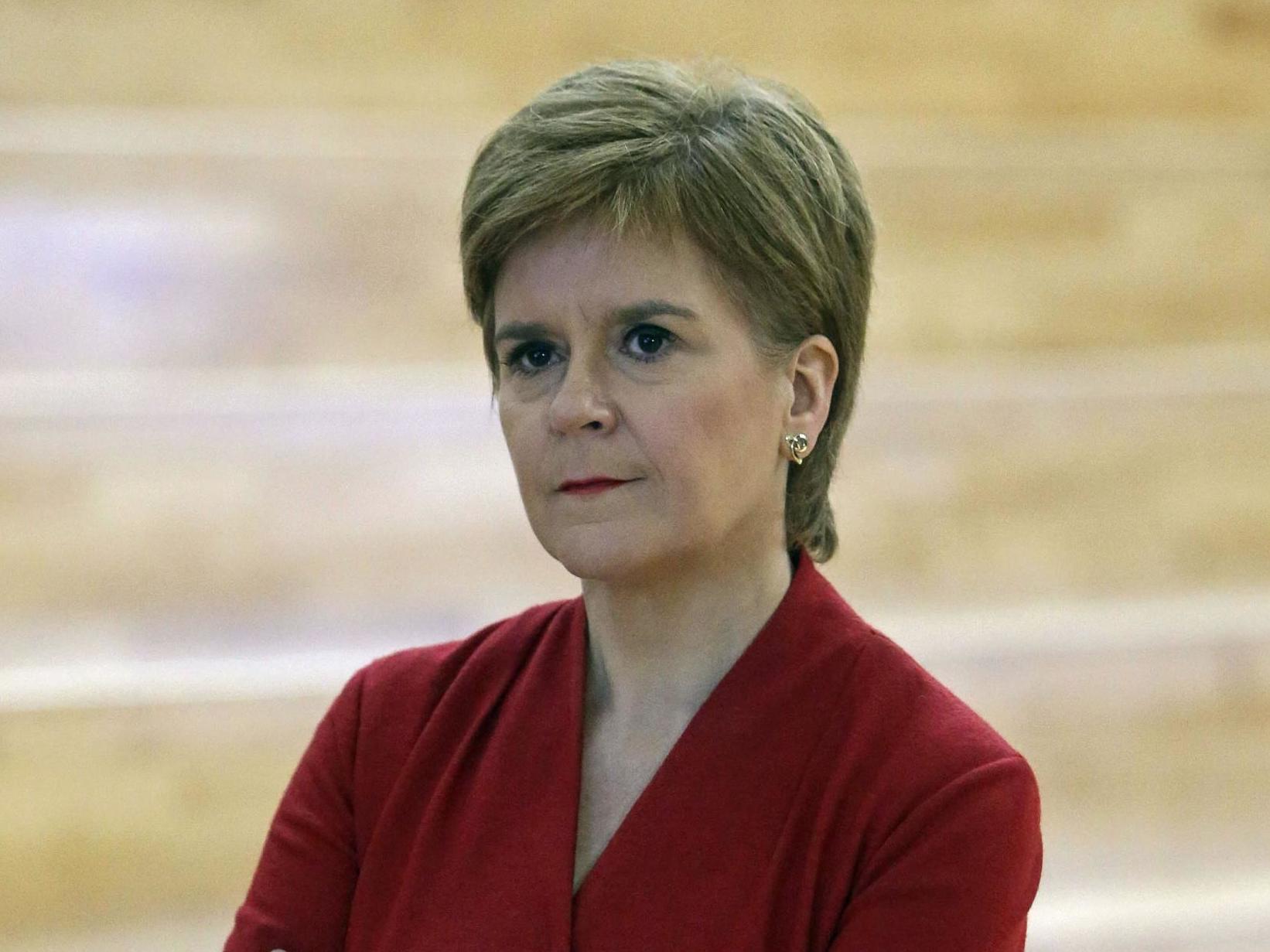Can the Scottish independence juggernaut be stopped?
Nicola Sturgeon’s party is jubilant at an opinion poll suggesting 55 per cent of Scots now want to break up the UK, writes John Rentoul


The Scottish National Party is riding high. An opinion poll last week finally produced the reverse of the referendum six years ago: it suggested 55 per cent of Scots support independence and 45 per cent oppose it.
Nationalists are jubilant and people such as me, who think of Scotland as an essential part of our country, are cast down. It is widely believed that the UK government must allow another referendum soon.
Except that it will not. Even if the SNP and the Scottish Green Party, which also supports independence, win a majority of seats in the Scottish parliament next year, again, and even if the Scottish parliament votes to demand another referendum, again, the House of Commons, which has the power to decide, will refuse to allow it.
Then what? Nicola Sturgeon, the first minister of Scotland, will say it is undemocratic. The apparent injustice will fuel the SNP’s permanent campaign and distract attention from all the hard questions about independence that it still hasn’t answered after six years – such as how the Scottish people will make up for the loss of £2,000 per person from the UK’s tax revenue sharing.
But there is little else Sturgeon can do. She cannot hold an unofficial referendum: unionists would boycott it and the EU wouldn’t recognise it. She can only hope that Scottish opinion stays with her and that the moral pressure on a (non-Tory?) government at Westminster becomes intolerable.
She looks unstoppable now, but it is possible that the Scottish people will tire of the obsession with something that is not going to happen for a long time. Another poll last month found most Scots (52 per cent) think “Scottish independence distracts from other important issues that should get more attention”, whereas only 36 per cent think that “it is right that it gets a lot of attention”.
The SNP has got away with a mediocre record in government for the past 13 years, including having mishandled this year’s exam grades – and that was something that couldn’t remotely be blamed on Westminster. It is possible that, from among the divided opposition in Scotland, of Conservatives, Labour and Liberal Democrats, some leadership will eventually emerge to challenge the SNP hegemony.
So it is possible that this is the high water mark of Scottish nationalism. Although it seems more likely that it is just a staging post in the long march to independence. Even so, it could be many, many years before there is another referendum.
Alex Salmond, Sturgeon’s predecessor, said the last one was a once-in-a-generation event, and that the 17-year gap between the referendums of 1997 and 2014 was the sort of period he meant by “a generation”. So that would be 2031. Put it in your calendar now.
Yours,
John Rentoul
Chief political commentator
Join our commenting forum
Join thought-provoking conversations, follow other Independent readers and see their replies
Comments